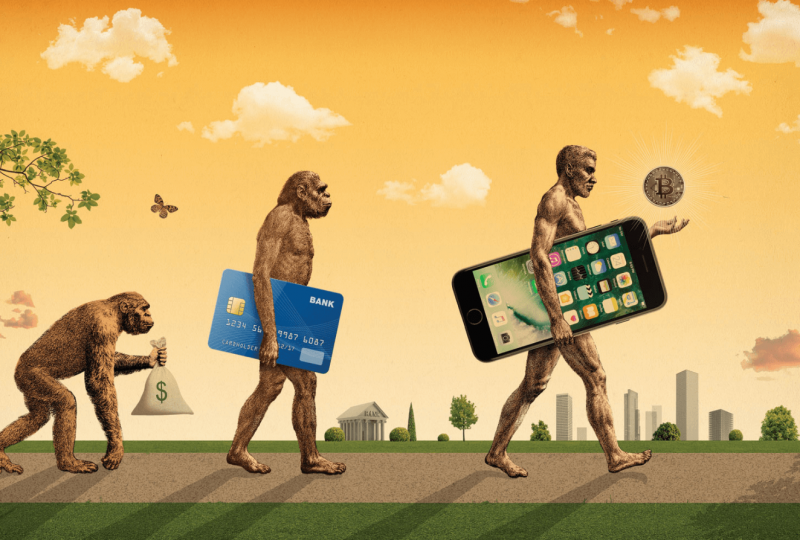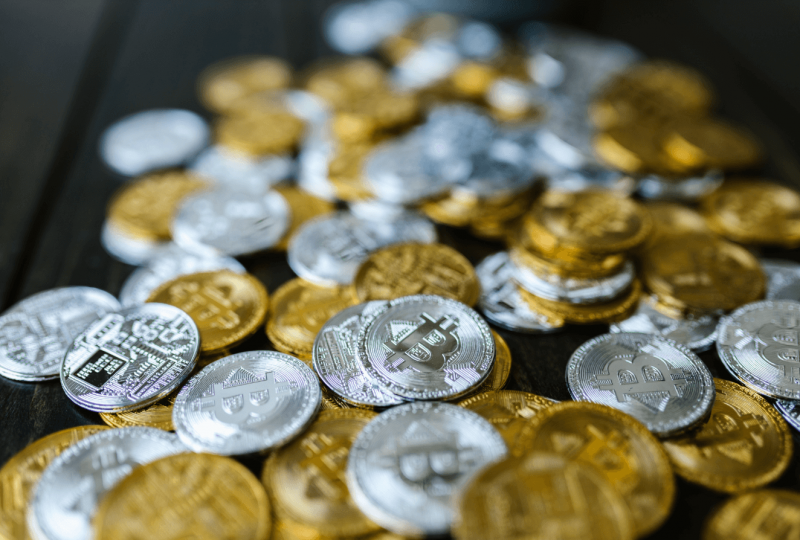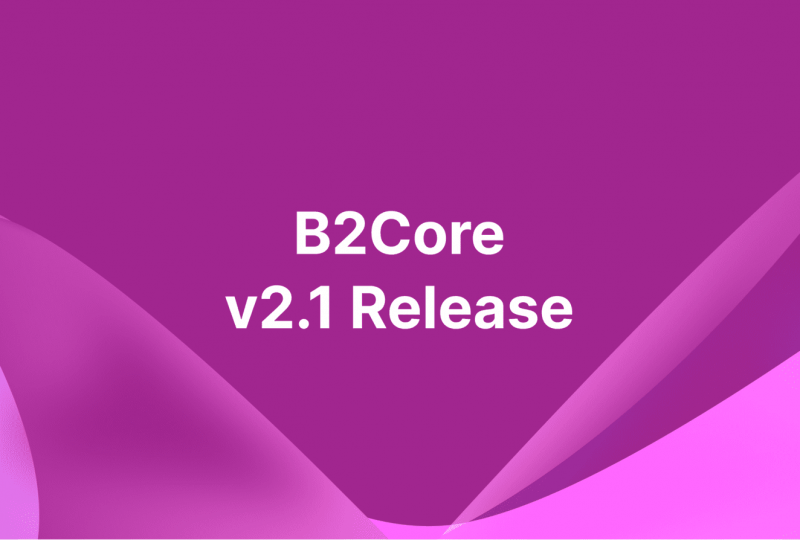The Future of Digital Currency Is Arriving Fast. Can the Fed Catch Up?
Feb 02, 2022

When was the last time you paid for groceries or coffee using dollar bills rather than a swipe of a card or your phone? You (and I) are part of a disappearing breed if you still use cash. As the era of cash draws to a close, digital payments are becoming the standard all over the world. As a result, central banks are frantically trying to keep the money they print relevant for retail transactions.
Some central banks have already begun experimenting with digital currencies issued by the central bank. Among major central banks, China, Japan, and Sweden are leading the effort. In the meanwhile, the Bahamas and Nigeria have already implemented CBDCs.
The Federal Reserve of the United States, by any metric the world's most powerful central bank, has finally weighed in on the topic with a report that plainly and eloquently lays out the benefits and drawbacks of a digital currency. Those who expected the Fed to take a firm stance or express urgency on the subject may have been disappointed by the report.
The Fed's study elucidates certain key issues and alluded to two overarching ones that go beyond technical considerations.
Is there a compelling user case for a digital dollar, first and foremost?
Some central banks considering CBDCs appear to see them as a method to increase financial inclusion by allowing everyone in a country to use a low-cost digital payment system. Others, like Sweden's Riksbank, see a CBDC as a backstop for a private payments infrastructure that is vulnerable to technological or confidence failures. Then there's China, where the government appears to see a digital yuan as a weapon for taming Alipay and WeChat Pay, whose monopoly is stifling competition.
Second, does such a measure have widespread political and popular support?
CDBCs are associated with a number of dangers. They might hinder private-sector payment innovation—after all, who can compete directly with a government-backed agency? CBDCs may potentially lead to bank disintermediation if CBDC accounts are seen to be safer than commercial bank deposits, particularly during periods of financial turbulence. Furthermore, because digital money creates a digital trail, it is difficult to maintain the secrecy and anonymity that cash provides. In sum, a CBDC might increase the central bank's involvement in the economy and citizens' lives.
These two factors are crucial and cut to the core of the Fed's mission. Its duty is to maintain financial stability and oversee monetary policy. The direct supply of financial goods and services by a central bank should be left to the private sector. Why bother with a digital dollar at all, given all of these dangers?
There are excellent reasons for the Fed to move forward, some of which are expressly stated in the study. Small companies and customers, particularly the numerous low-income families that are unbanked or underbanked, would profit from a digital dollar since it would provide a convenient and low-cost means of digital payments. Furthermore, it would bring cash-based economic activity out of the shadows and into the tax net, as well as curtail illicit cash-fueled activities like drug trafficking and terrorism funding.
In dangerous times, a CBDC gives some options for enacting monetary policy. Negative nominal interest rates would be easier to achieve if cash gave way to a CBDC, encouraging individuals to spend and corporations to invest rather than save. The government might utilize CBDC digital wallets to provide direct payments to individuals, such as coronavirus stimulus payments. These are not instruments to be used lightly, but they may be useful in times of economic crisis.
Other reasons for the importance of this issue have been presented, such as the consequences of being a late mover. The fear is that if the Fed does not move soon, other nations' CBDCs may supplant the dollar as the leading global currency.
These are insufficient justifications. On CBDCs, there are certain benefits to being a late (but not too late) mover. Experiments in other nations have demonstrated how conceptual and technological design decisions might help to limit CBDC dangers. China and Sweden are establishing a two-tier system, with their central banks building a payment infrastructure on top of which private payment companies may compete and innovate in delivering consumer and business-facing services. The Bahamas has demonstrated that capping CBDC digital wallet holdings reduces the danger of commercial bank deposit flight. New technologies are opening the way for at least low-value digital payments to have some transactional privacy.
In terms of the digital yuan, it has the potential to increase the Chinese currency's function as a global payment currency. However, global investors and central banks are unlikely to abandon the dollar in favor of the yuan as a reserve currency.
The most serious threat posed by digital money is to the Federal Reserve. If the Fed is perceived as a government agent in terms of law enforcement or even fiscal policy execution as a result of digital money, the Fed's independence and credibility are jeopardized. This, in turn, might jeopardize the institution's credibility and efficacy, which is a grave worry.
The Fed is correct in opening up the debate on a digital currency, prudent in posing the proper issues that merit careful thought and avoid any premature judgements, and accurate in emphasizing that the decision is based on societal and institutional factors, not simply technological ones.




